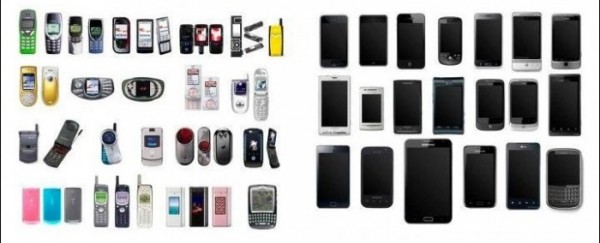Lovely New Yorker piece by John Cassidy about Mittster. Excerpt:
Say what you like about Mitt Romney—I’ve already said a lot—but he rarely fails to come through when his opponents need him. If Jimmy Carter’s grandson, the would-be opposition researcher who evidently helped to dig up the offending video, had written the script himself he could hardly have come up with something more damaging than the videos secretly taped at a Boca Raton fundraiser this spring and published by Mother Jones on Monday. What sort of candidate, speaking in a quasi-public setting—there are potential leakers lurking in all fundraisers—would say almost half of the voters in the election “are dependent on the government,” that they “believe that they are victims,” and then go on to say, “my job is not to worry about these people. I’ll never convince them they should take personal responsibility and care for their lives”?
The answer proffered by my colleague Amy Davidson and numerous other commentators: a heartless plutocrat who holds the impoverished and the working poor in contempt. Sounding for all the world like Josiah Bounderby, the sneering mill owner in Dickens’s “Hard Times,” Romney went on to say, “I have inherited nothing. Everything that Ann and I have, we earned the old-fashioned way.” Bounderby, it turned out, had exaggerated his humble origins, and so, of course, has Romney—not that anybody could possibly believe him. When your father was the C.E.O. of a big auto company and the governor of Michigan, and you were educated at the three-hundred-acre campus of the Cranbrook School, posing as Horatio Alger is plain silly.
But, then, Romney is a profoundly silly candidate.

